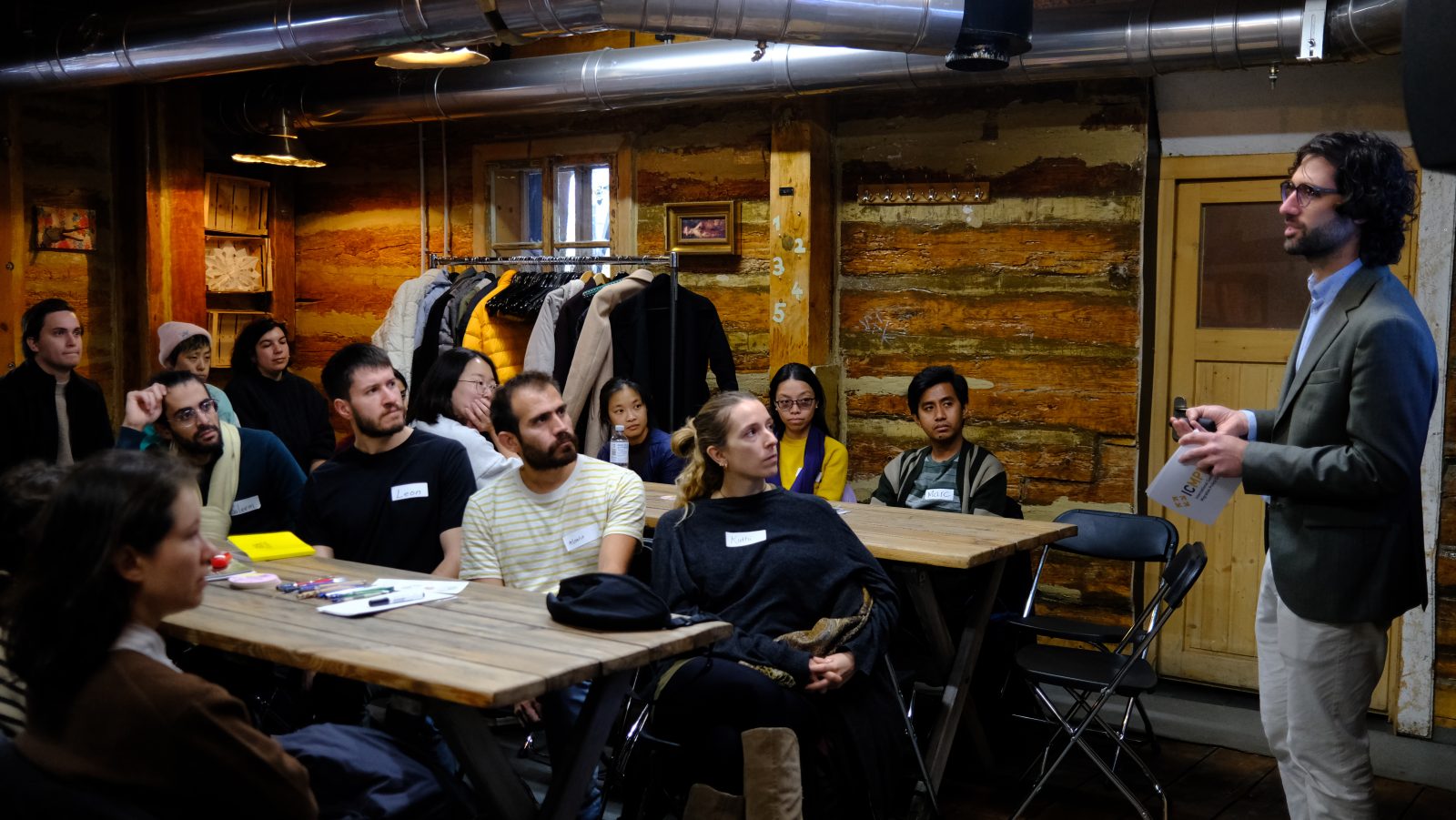
EUDiF joined forces with the ZooMap project at Berlin Science Week to spotlight the powerful role of diaspora in driving environmental sustainability.
Biodiversity loss is a major environmental issue facing the world today, driven by factors such as habitat destruction, wildlife exploitation, and climate change. ZooMap is one diaspora-led initiative seeking to address this issue by drawing on memory and storytelling to promote conservation.
On 16-17 November, EUDiF Project Officer Agustín joined the ZooMap project at Berlin Science Week to discuss mapping geonarratives of biodiversity conservation through the diaspora as an example of the transformative role of transnational communities in addressing global environmental challenges.
ZooMap: Endangered species, cultural practice & the power of transnational stories
The ZooMap project is funded by the Volkswagen Foundation and led by Filipina diaspora and climate scientist Prof. Dr. Denise Margaret Matias, a partner in an EUDiF-supported action in the Philippines. It explores the intersection of biodiversity, culture, and transnational engagement, specifically on how human interactions with wildlife influence the risk of zoonoses – diseases that spread from animals to humans – and pandemics.
Focusing on the consumption of Tarbagan marmots (endangered) in Mongolia and the trade of Philippine pangolins (critically endangered), the project collaborates with local communities in Mongolia and the Philippines to map cultural practices and develop culturally sensitive strategies for zoonotic disease prevention.
Back in Berlin, ZooMap has engaged diaspora voices from different countries to create “geonarratives” – place-based stories – by recording their memories of environmental challenges from around the world. These personal reflections, documented through drawings and collages, emphasise the interconnectedness of global biodiversity challenges and the potential of diaspora to contribute to their resolution. This innovative approach to storytelling and participatory mapping provides valuable lessons for engaging communities in sustainability efforts. It aligns with EUDiF’s belief that storytelling is a powerful tool for raising awareness and driving collective action.
Diaspora as drivers of climate action
The ZooMap project exemplifies how diaspora members can play transformative roles in addressing global environmental challenges. In research, dialogue and capacity development projects, EUDiF has observed diaspora taking increasingly innovative roles in climate action and sustainability, serving as technical experts, mentors, innovators, funders, and awareness raisers in advancing green transitions, among other roles. For definitions and working examples, see our breakdown in Learning by doing: Climate action and environmental sustainability.
In the context of ZooMap, Prof. Matias and her team embody the role of technical experts, using scientific expertise to explore how human-wildlife interactions impact biodiversity and public health. Moreover, by engaging diaspora voices to map environmental memories, ZooMap demonstrates the role of diaspora as awareness raisers, fostering transnational conversations about biodiversity conservation and sustainability.
In the EUDiF project in Palawan, Philippines, Prof. Matias not only acted as a technical expert in developing an Education for Sustainable Development curriculum but also served as a partnership facilitator, connecting local institutions like Palawan State University and PCSDS with global stakeholders, and an awareness raiser, promoting the project’s activities and results among local communities and government units. Similarly, in the EUDiF project with Mexican diaspora organisation RGMX-UK, the diaspora expert contributed as technical expert in climate change and circular economy, partnership facilitator by bridging diaspora with academic and civil society organizations, and innovator, facilitating co-creation workshops to develop a citizen action toolkit that empowered communities to implement circular economy principles.
As global challenges like climate change extend beyond borders, leveraging the expertise, networks, and stories of diaspora communities is crucial to driving meaningful and sustainable action across sectors. The examples highlighted here give a snapshot of the diversity of diaspora contributions across just three projects and two regions. Diaspora are impressive leaders in climate action which is an area with enormous growth potential when planning structured diaspora engagement, and of particular interest when considering youth engagement.
For more on the subject, see Diaspora-driven green partnerships, and the case study on Mobilising diaspora for the green transition.
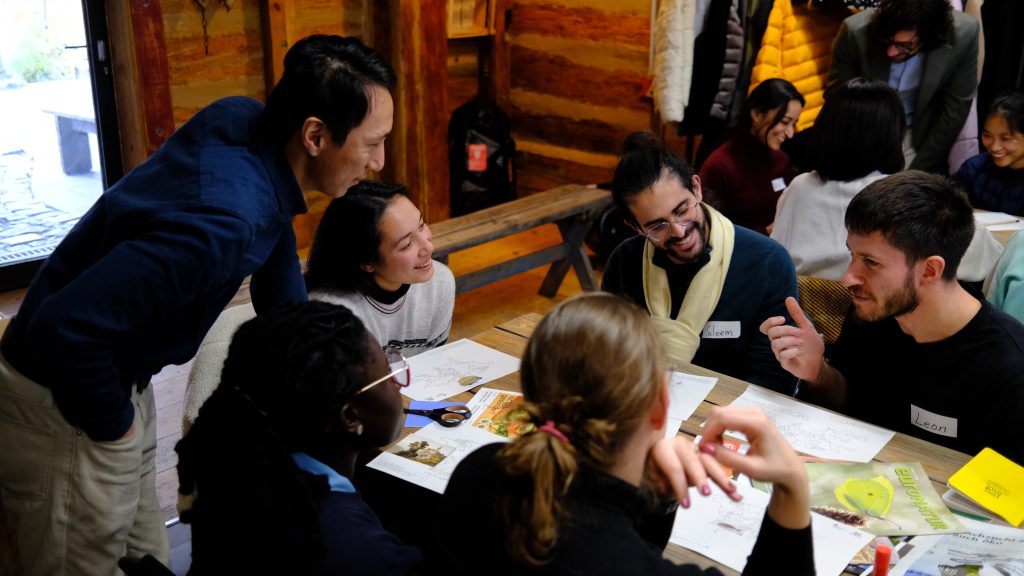
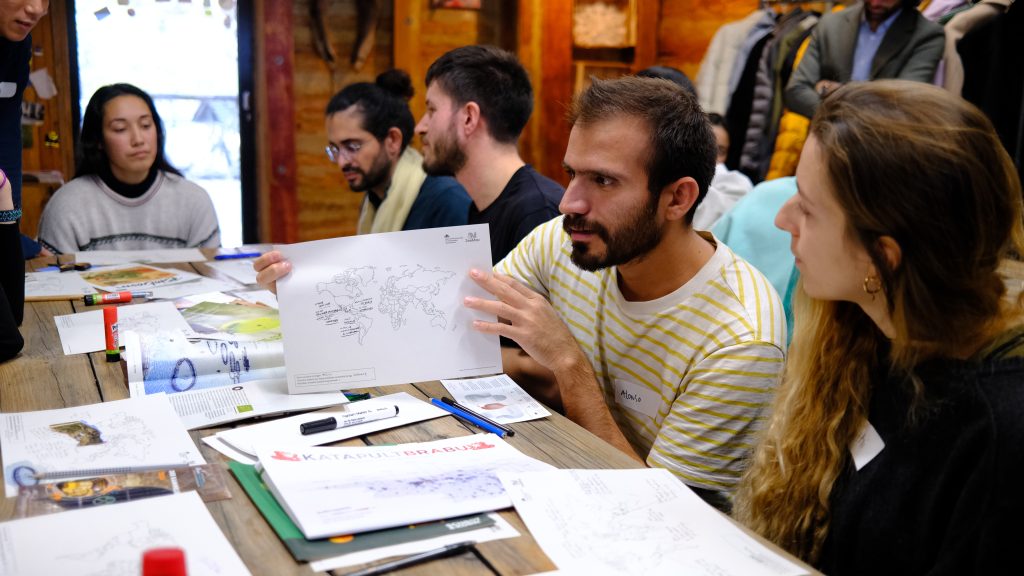
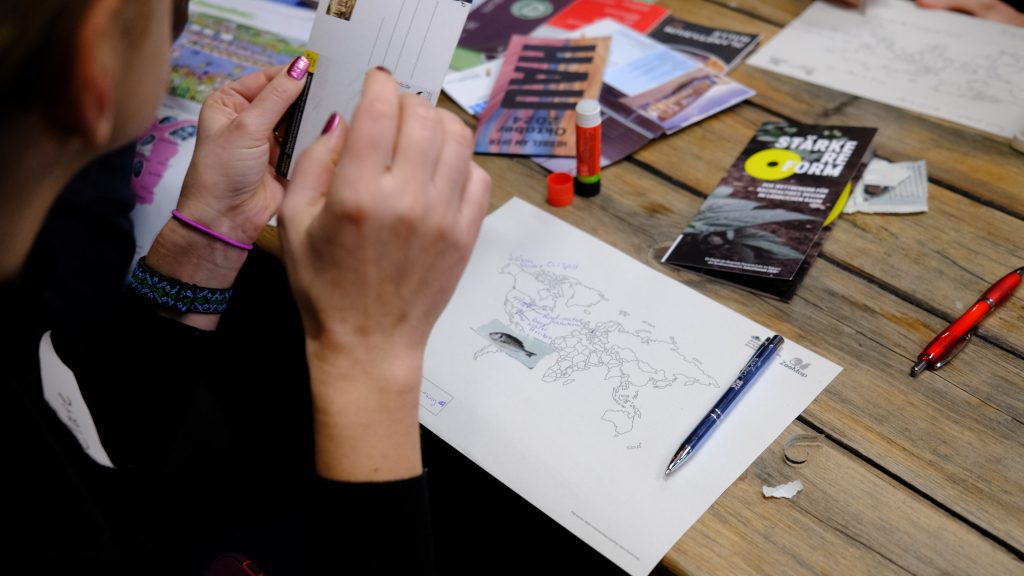
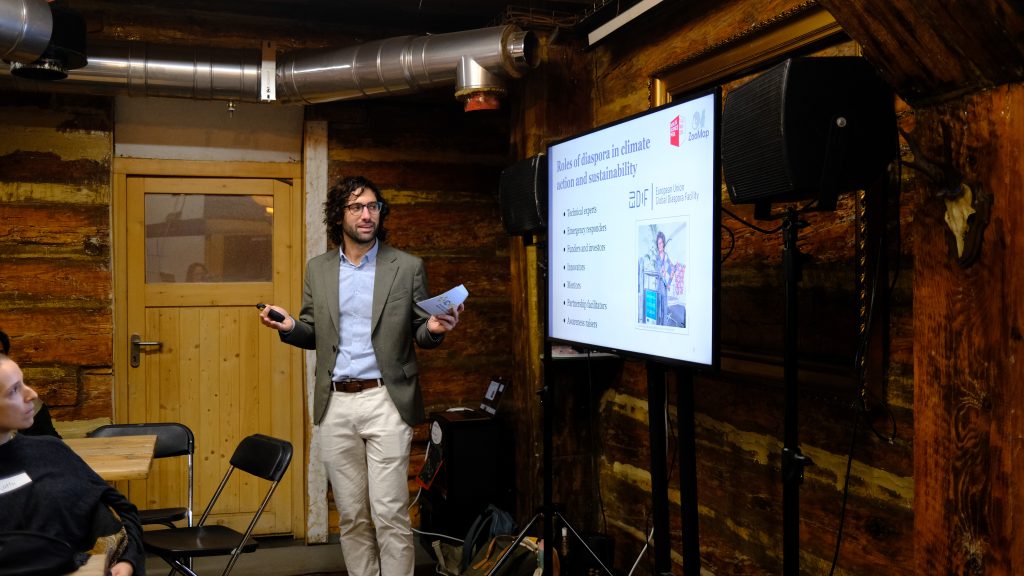
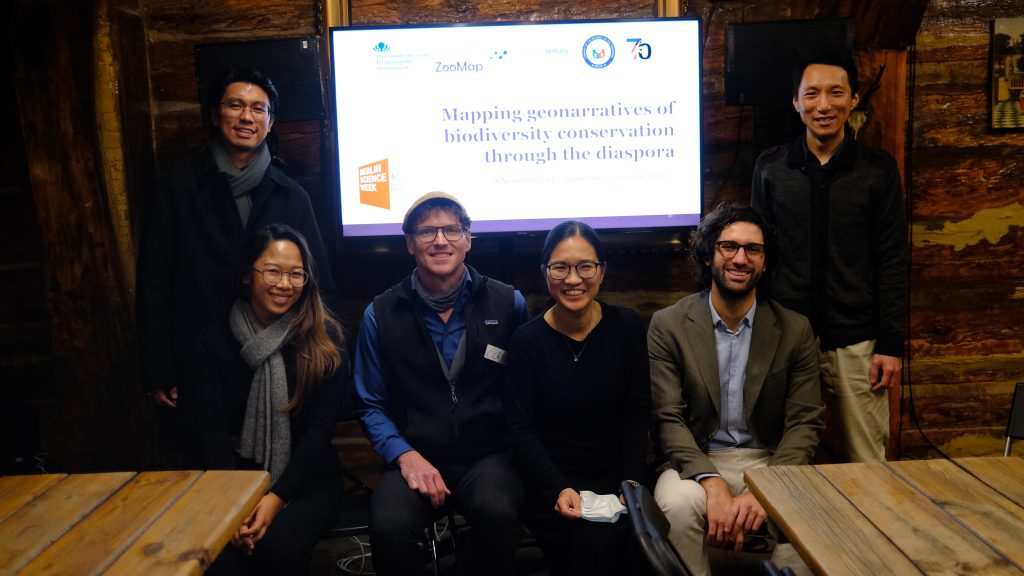
Photo credits: Joey Ace Peralta / ZooMap